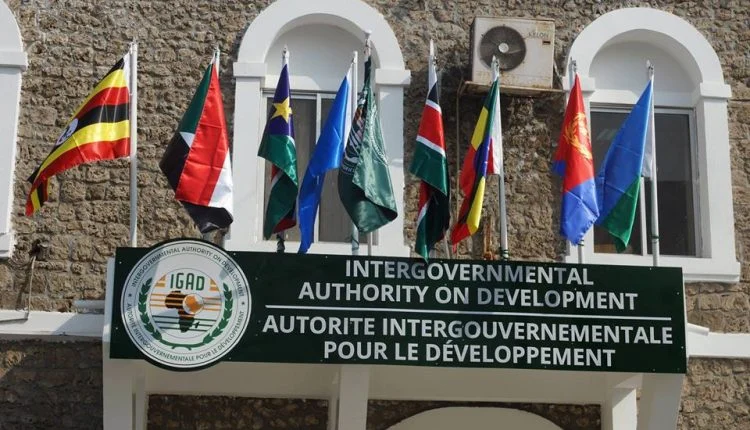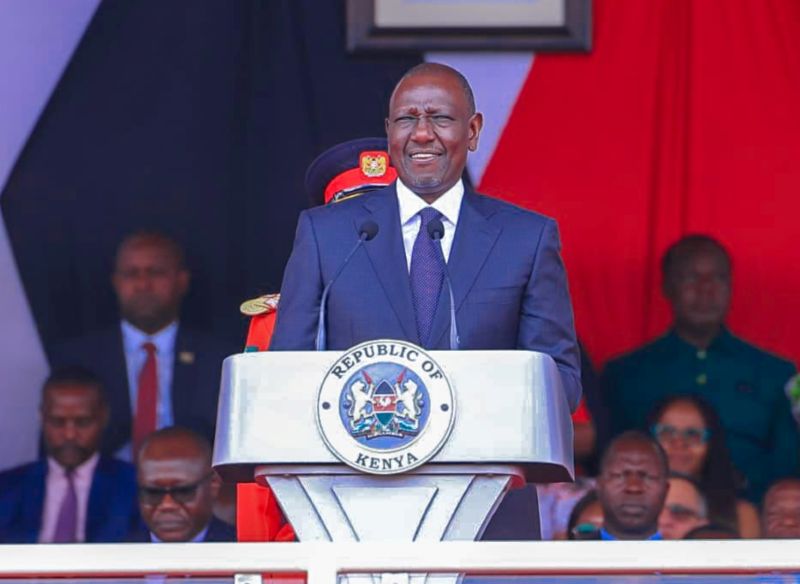State moves to tighten security in institutions of higher learning

According to Fazul, Universities and Institutions of Higher Learning play a major role in national development.
The government has set up new measures to curb insecurity in Higher Learning Institutions in a move meant to stem incidents of student attacks.
Speaking on Thursday at the Kenya School of Government on Thursday, Director General of Private Security Regulatory Authority Fazul Mahamed said the security of the learners is of significance to the government and can no longer be taken lightly.
More To Read
- Mjambere residents demand streetlights as insecurity rises in Kisauni
- Kenya, UK celebrate success of Sh3.6 billion REINVENT security programme after seven years
- Wajir MCAs demand answers over rising abductions after two men vanish
- Distance learning transforms lives while presenting unique challenges
- Murkomen warns politicians against deploying supporters to by-election tallying centres
- Police assure Kenyans of security ahead of Thursday’s by-elections
According to Fazul, Universities and Institutions of Higher Learning play a major role in national development.
He recognised that there have been reported cases of deaths and injuries in universities and colleges.
He is calling for very specific and targeted steps to be taken to ensure that young adults, staff and communities around universities and colleges are safe.
"The government has commenced the mandatory nationwide security vetting, training and licensing of all in-house security officers, contracted private security officers and all other officers offering security services, be they employed by institutions of higher learning or otherwise engaged as private security service providers," he said.
He announced that regular security audits and vulnerability assessments must be conducted to identify potential security threats, vulnerabilities and existing security gaps specific to the campus environment. He said it involves evaluating factors such as campus layout, student population, geographic location and previous security incidents.
"All institutions of higher learning must install access control systems, CCTV and security surveillance cameras, perimeter fencing, and lighting to deter unauthorized access and real-time monitor campus activities," he said.
He said that all institutions of higher learning must develop comprehensive emergency response plans that outline protocols for various scenarios, including natural disasters, student unrest, medical emergencies, and active shooter incidents.
In his explanation, all in-house security officers contracted by private security officers and other officers offering security services are required to undergo rigorous security vetting, training and licensing by the Authority.
"You are hereby required to within one month undergo training in security matters in an institution accredited by the Authority as a prerequisite requirement for registration and licensing by section 23 (2) (d) of the Act," he said.
"Upon successful completion of the training, the Authority will issue Guard Force Numbers(GFN) to registered and licensed security officers."
The government also requires the mandatory wearing of Guard Force Numbers bearing their names and license numbers while on duty for all in-house security officers, contracted private security officers and all other officers offering security services in institutions of higher learning.
He said the Guard Force Number (GFN) is not just a badge but it is the government seal of approval.
Anyone found offering private security services in institutions of higher learning without being the holder of a valid training certificate from an institution accredited by the Authority or offering private security services without being registered and licensed by the Authority shall be liable to fine and imprisonment in the case of a natural person and Sh2 million in the case of a corporate.
Mahamed also asserted that persons who engage the services of any unlicensed private security officer whether in-house or otherwise shall be liable to such a fine of Sh2 million.
"This initiative is a critical pillar of the government's broader security reform agenda and particularly a great milestone in addressing the various security gaps existing and emerging insecurities within our universities and institutions of higher learning," he said.
Top Stories Today











































